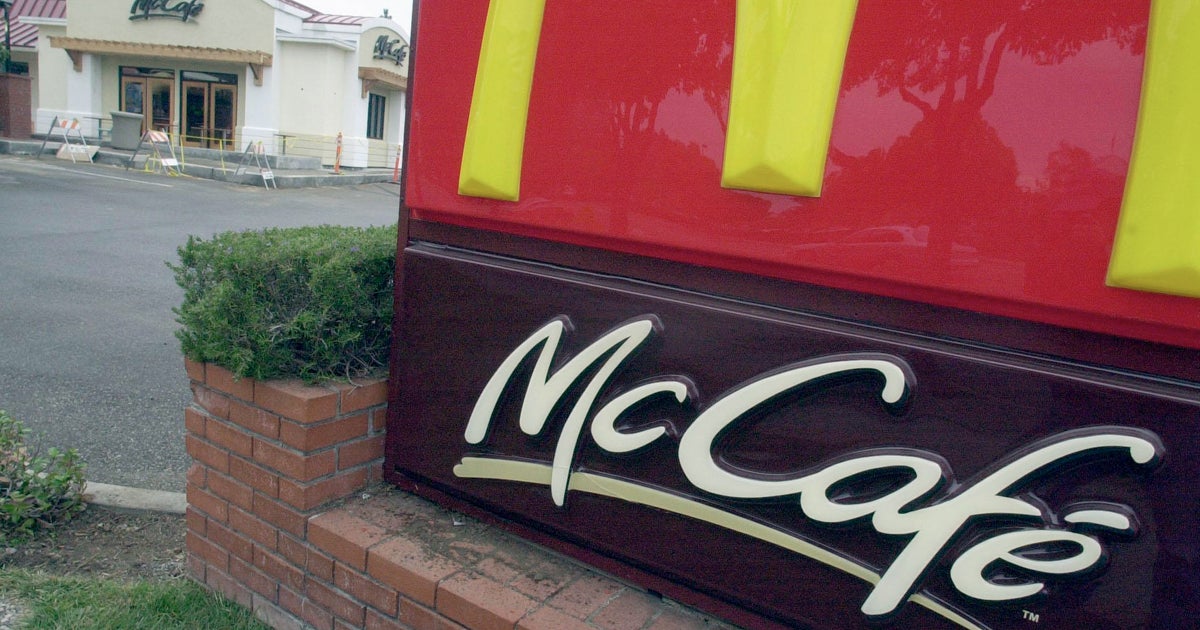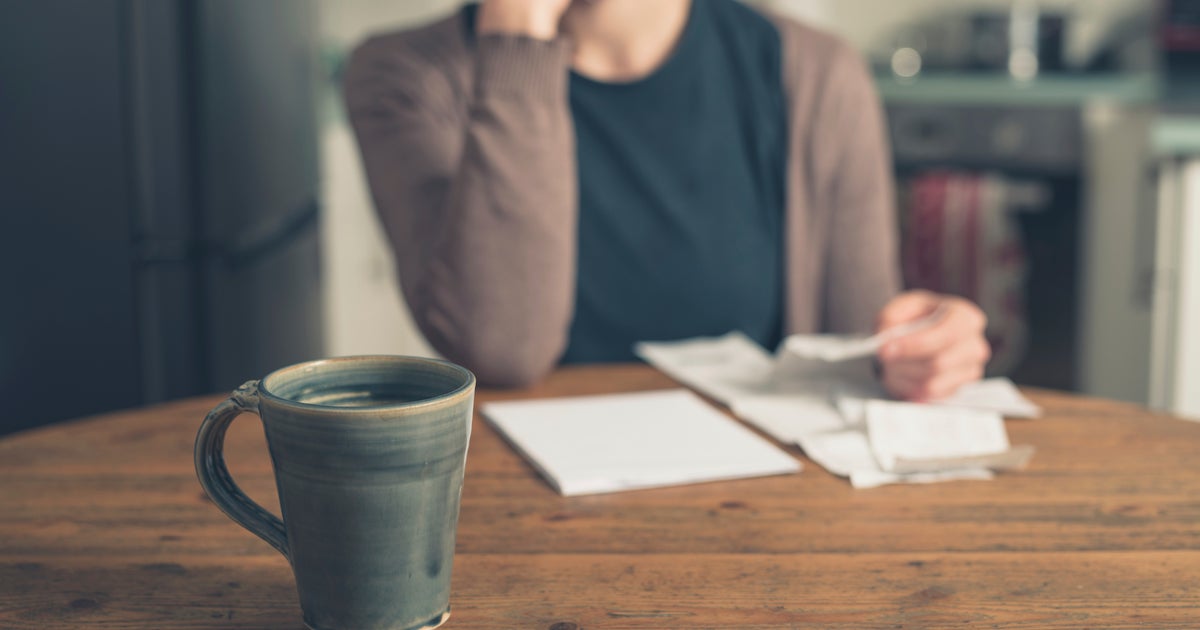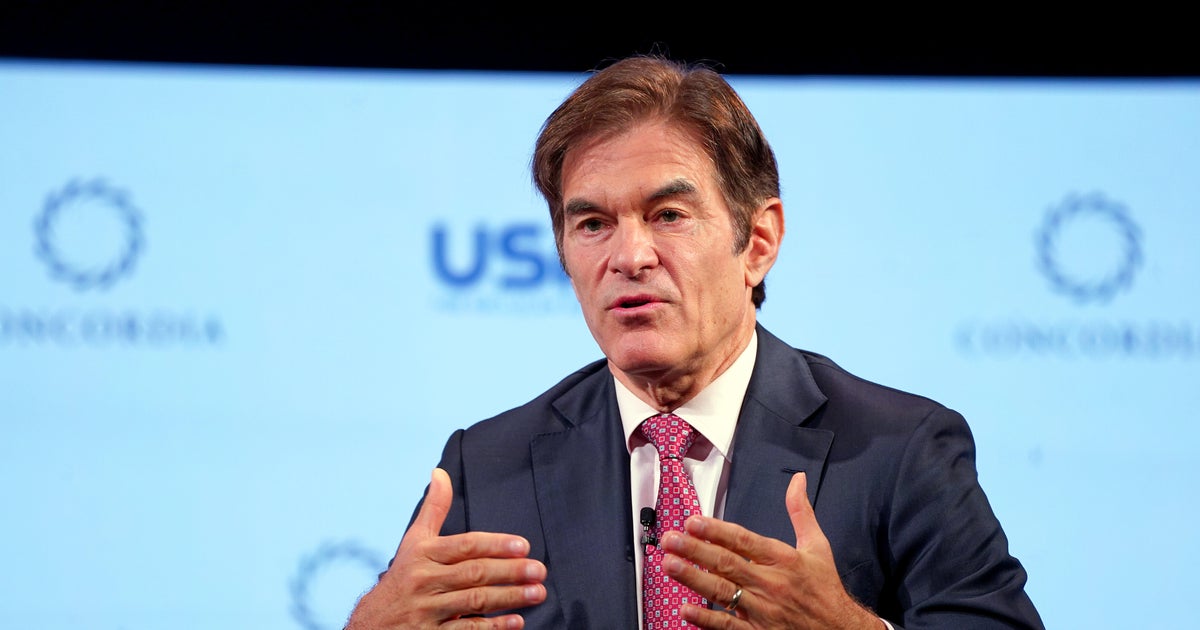The survivors: Life after COVID-19
Way too many hospital visits during the coronavirus crisis have been a one-way trip. Dr. Michael Saag has seen it: "The patient is dying alone. There is no family nearby," he said.
So has his son, Dr. Harry Saag: "No question over the past two weeks I've had the hardest conversations I've ever had with families."
But that reality makes it all the more rewarding when a COVID patient is released – and, ultimately, joins the ranks of the "recovered."
Surviving this coronavirus is another thing this father-and-son have in common, after Harry unknowingly infected his dad.
"Both of us knew, you know, where the road could go if things go downhill," Harry said.
Correspondent Seth Doane – who himself had tested positive for coronavirus – asked Michael Saag, "We are all part of this group now of 'coronavirus survivors.' How is it to be on the other side of this?"
"First thing we feel is gratitude that we made it," Michael replied. "And then the second thing is, from those video games, it's almost like, 'I have a cloak of invincibility!' But the truth is, we don't know that."
Dr. Saag has dedicated much of his career to studying AIDS at the University of Alabama at Birmingham, and sees questions about potential immunity through the lens of an infectious disease researcher. "There are some viruses, like measles, mumps, rubella, that once you have it you don't get it again," he said. "But there's other viruses, like Dengue fever, that you can not only get a second time, but the second time the infection and the disease is much worse."
As Doane found after battling the coronavirus for weeks, and finally testing negative more than a month later, initial relief gives way to a new set of questions.
Fiona Lowenstein, who was hospitalized for COVID-19 back in March, said, "We don't even know anyone who's had this virus and survived, you know, six months down the line. So, we have no idea what it's gonna look like to have survived this virus a year out from getting it, or two years out."
Lowenstein started a support group for thousands of other coronavirus survivors.
"The number one kind of shared experience is that symptoms are lingering for a long time," she said. "There are also a lot of people having similar mental health issues. There's a lot of people saying, 'My employer doesn't understand why I'm still not feeling well. My family doesn't understand. My friends don't understand, and I feel really alone.'"
So, a recent article in The New York Times, featuring stories of emboldened survivors throwing dinner parties and traveling, left her wondering: "I think that there were a lot of people who saw it and were like, 'Who are these superheroes that are doing this? 'Cause that's not me!'" Lowenstein said.
Survivor Jacob Brown is still cautious after the virus took so much. "I wear a mask all the time when I'm in public," he said. "You know, my knuckles are still so dry from washing my hands all the time.
"I had, like, a part-time restaurant job. I lost that, obviously. But, yeah, then I got laid off from the full-time job."
"You got all of the punches from COVID," said Doane.
"Yeah – moved home, back with the family!" he laughed.
This former New York software designer is now in North Carolina helping his family's struggling toy business. He's hoping that by donating blood and his antibody-rich plasma, some good can come from this.
"I have this rare opportunity to try and help with research or, you know, donate blood," Brown said.
"You see having had COVID-19 as a rare opportunity?" asked Doane.
"If I can help, in some sort of way, save a life, I'm glad to do it."
Dr. Michael Saag is also donating blood plasma; and he and his son always suit up in full protective gear, when they each volunteer to help COVID-19 patients.
Doane asked, "Are you surprised that at this point we still know so little about this virus?"
"No – it's kind of the opposite!" he laughed. "I'm stunned that we know so much as we do. Let's look at AIDS. AIDS first was described in early 1981. It wasn't until two-and-a-half years later that we found the cause, a virus. And it wasn't until a year after that that we had a test. And it wasn't until two or three years after that that we had our first drug. That's six years.
"We're less than six months into this."
And while key questions about immunity remain, COVID survivor Dr. Saag is optimistic: "My personal belief, as a researcher, a virologist, an infectious disease provider, and a former patient, I really believe that the antibody will be protective and people will not be re-infected. And that gives me hope for a vaccine."
"So, is it fair to say that there's a cautious sigh of relief, maybe?" asked Doane.
"I think that's a great way to put it!"
For more info:
- Dr. Michael Saag, University of Alabama at Birmingham
- fionalowenstein.com
- Body Politic COVID-19 Support Group (Sign-up)
Story produced by Sari Aviv. Editor: Lauren Barnello.





